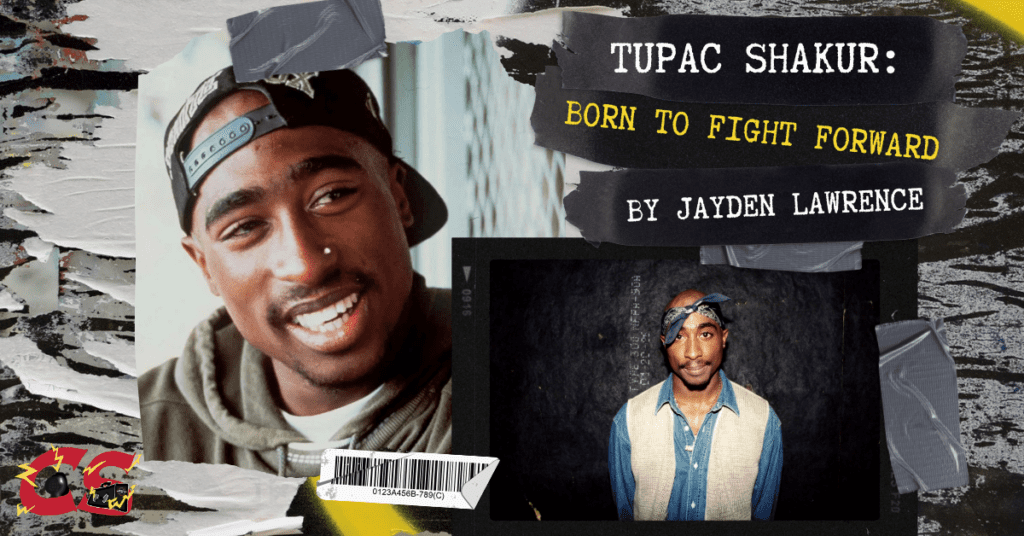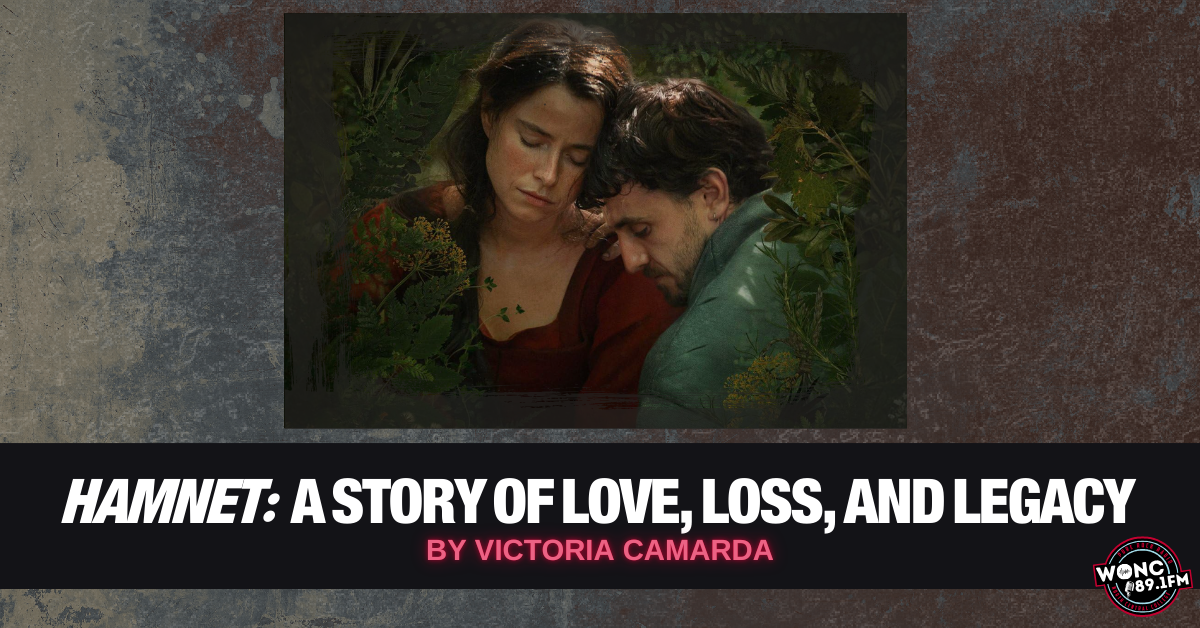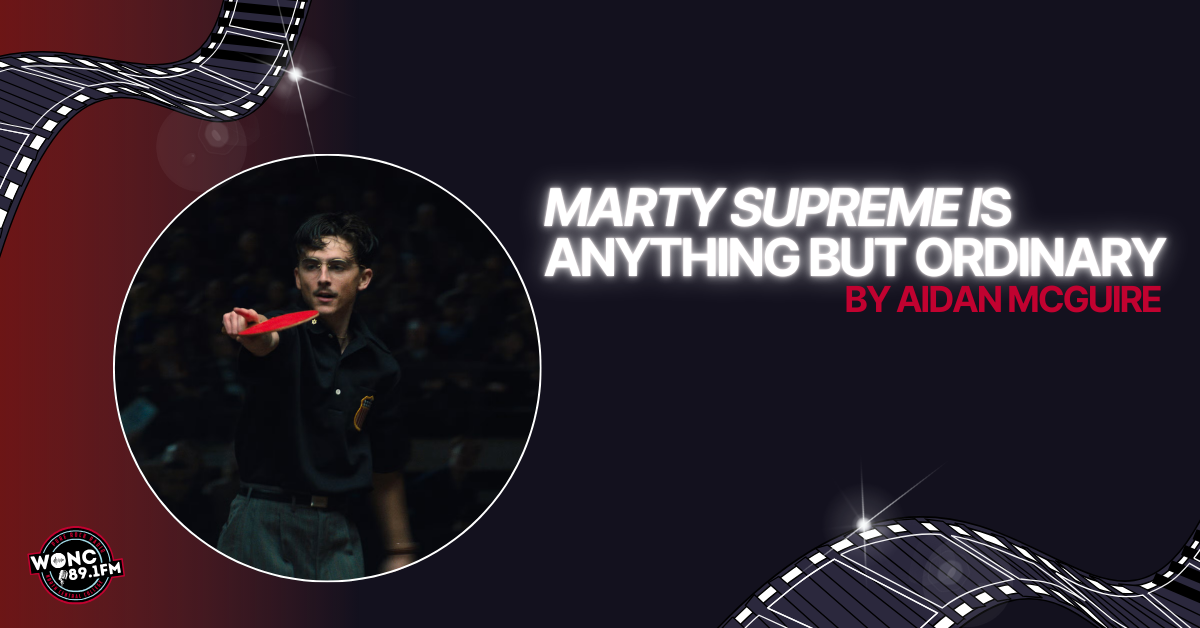by Jayden Lawrence
When Tupac Shakur died on September 13, 1996, the world lost something more than just a rapper; we were deprived of the willingness to continue fighting. Shakur played his last show, somewhat fittingly, at the House of Blues in West Hollywood, California, on July 4, 1996. In 2016, Oakland Mayor Libby Schaff declared June 16th, his birthday, Tupac Shakur Day.
Shakur was born in East Harlem, New York. Many remember his death in 1996, but few outside the hip-hop community recognize the significance Tupac had on America. As the son of the legendary Afeni Shakur, he was born resilient and sharp. His movements paved the way for conscious rap to take off, incited rivalries based on hate, and exposed the world’s unwillingness to progress into a new millennium. What’s more righteous is that Shakur recognized in 1995 with his hit song “Dear Mama” that despite their relationship struggles, all of his success couldn’t happen without Afeni Shakur, the trailblazer who fought alongside the Black Panthers.
The Black Panthers were a revolutionary organization dedicated to bettering their communities, focusing on things like unity, free school lunch programs, and opposition of police brutality. At a national level, the group formed the Rainbow Coalition in Chicago, again, attempting to help other marginalized populations. In hindsight, this feels virtuous, although the powers at play in the 60s didn’t agree.
“The Black Panther Party, without question, represents the greatest threat to the internal security of the country,” J. Edgar Hoover declared in the late 60’s. Following this, the FBI started the COINTELPRO program, intended to disrupt radical organizations in America, including the Panthers.
After multiple raids across New York in April of 1969 intended to dismantle the Harlem chapter of the Panthers, Afeni Shakur was arrested along with her peers. Knowing the unconstitutional involvement of the FBI in her arrest and how her attorney wouldn’t suffice, she made a bold decision. After raising enough to post bail and despite pushback from the Panthers, she made the call to defend herself in the legendary “Trial of the Panther 21.”
On May 13, 1971, after one of the most extensive, heart-wrenching and costly trials in New York judicial history, she was found not guilty and acquitted of all charges. As satisfying as her victory was, the betrayal, dissatisfaction and backstabbing from many of her comrades began to distance her from the Panthers’ movement. Later that year, on June 16, Lesane Parish Crooks was born, and a year later, he was renamed Tupac Amaru Shakur.
Nobody can discredit Shakur’s struggle, as he was born into a life of poverty. He frequently moved as he tried to find his sense of belonging. First, it was New York, and young Shakur grew up with a strong distrust of authority. This, added to his relationship with Kenneth “Legs” Saunders, who took a fatherly role on for Tupac, resulted in him sticking “close to the streets.”
While Tupac’s biological father was a mystery, the different men in his life shaped different parts of his personality, all leading to the complete artist we know today. With the absence of a true father figure, he had a need to fit in growing up, yet he was aware of his clear differences from other students. Throughout his youth, he also had to hustle to find his way. It was in Baltimore that Tupac accepted his differences and brought his rap artistry to his schools after impressing his classmates. He rapped with his friend Mouse, gaining opportunities to do bigger things.
This led to him being accepted into the holy grail of Baltimore public schools, the School for Arts. Shakur became a key member of their Black Student Union, and his artistry mixed with his natural activism, fortified his beliefs and his relations with other students from different backgrounds through the organization expanded his mind. However, when he was 17, before he could finish his senior year of High School, he moved to the Bay Area of California.
Shakur lived his life with a countdown, and his first shooting in 1994 showed everybody. This shooting became the intro of 2PAC’s third studio album, Me Against the World. “A coward dies a thousand deaths, a soldier dies once,” Tupac Shakur said on his album’s second track “If I Die 2nite.” Two years after the release of Me Against the World, Tupac was killed in a drive-by shooting.
Shakur’s ability to live for others is what I find most inspiring. Being a sojourner in a foreign land is never easy, and choosing peace in a world riddled with violence requires a shift in perspective. Tupac was born into a culture where he wasn’t welcome. In fact, within this culture, many opportunities are taken away as people are silenced. When silenced, it becomes easier to silence others in the guise of protection.
Naturally, a person judges because they don’t want to be judged. Somehow, it feels safer in segregation and assimilation within our own cultures. Although that’s not choosing peace, that’s rejecting change, which continues a vicious cycle of generational trauma across all races.
Shakur explained through his music that choosing peace requires choosing each other, for the sole act of keeping our heads up shows defiance. Despite barriers, despite opposing viewpoints, and despite differences, it’s our responsibility to show solidarity. To me, this all makes sense since I find that the best protestors universally focus on their message first and recognize their actions come second.







